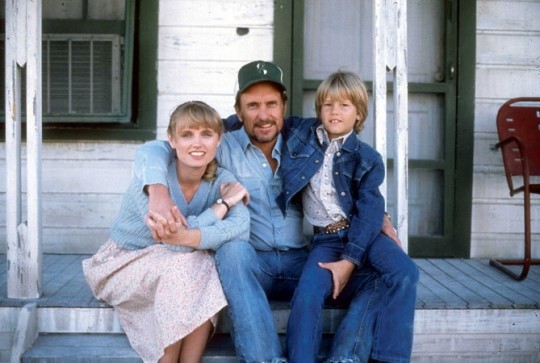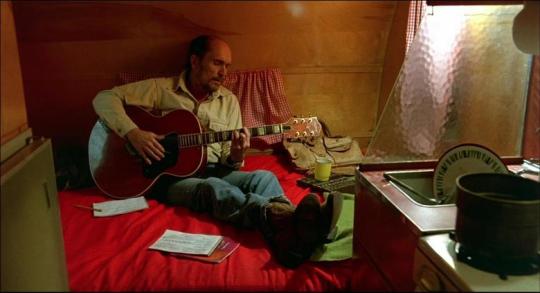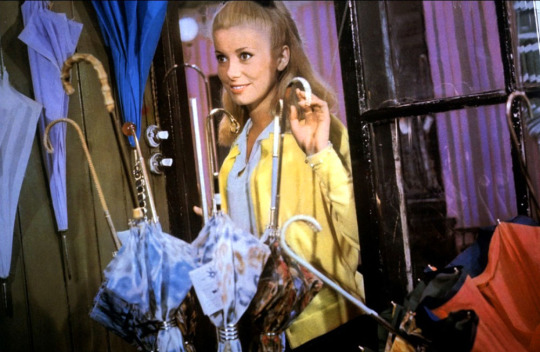The Amazing Adventures of Mel Gibson, Action Director By Noel Murray
By Yasmina Tawil
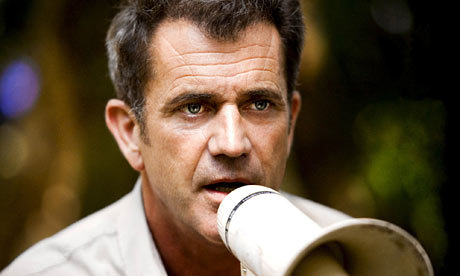
When Mel Gibson’s Braveheart won Academy Awards for Best Picture and Best Director in 1996, longtime Oscar historians registered the victories as easily explained and largely insignificant. They were partly the product of an organized and depressingly reactionary fan campaign, and partly due to Hollywood’s tendency to reward both expensive epics and actors who step behind the camera. In the two decades since, Gibson has suffered through personal scandals, and highly publicized controversies over his subsequent directorial efforts The Passion of the Christ and Apocalypto. Given all that, and given that 1996 was also the year of Toy Story, Before Sunrise, Exotica, 12 Monkeys, Apollo 13, Sense And Sensibility, Seven, Safe, Heat, Casino, Crumb, and Babe, the Braveheart triumph today looks all the more hollow.
Or does it? Compared to the more cutting-edge and culturally significant films released in the mid-‘90s, Braveheart does seem like a fluky anomaly: an entertaining throwback that was inexplicably elevated to “Greatest Of All Time” status. But the film is also fascinating in the context of the directorial career of Mel Gibson—a movie star who’s done some of his best work behind the camera, on films that have yet to get their critical due.
Let’s clarify one thing up front: Of the four movies Gibson’s directed, three are deeply flawed, and only one is a masterpiece. But because 2006’s brilliant Apocalypto is the most recent, it casts a long shadow back over a lot of what came before. In retrospect, it’s as though Gibson had been going through a process of trial and error, working his way toward making a classic.
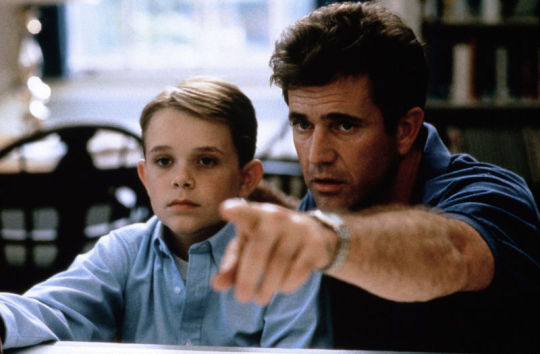
It was never a straight road. Gibson’s 1993 directorial debut, The Man Without a Face, is a more typical actor-turned-director project: a clumsily earnest melodrama with minimal commercial appeal, which Gibson was allowed to helm only if he agreed to double as the star. He plays a small-town recluse with a charred face and body, who becomes the reluctant mentor to an awkward adolescent (played by Nick Stahl), and then gets accused by the community of being a pedophile. The story—based on an Isabelle Holland novel—is a simple “outsider versus the small-minded” morality play, with the added wrinkle that it’s set in 1968, and the villains are mostly hippie aesthetes and academics. The loner hero, meanwhile, favors discipline and old-fashioned values. (In the book, it’s suggested that he also may actually have had sex with his student, but Gibson and screenwriter Malcolm MacRury don’t take it that far.)


